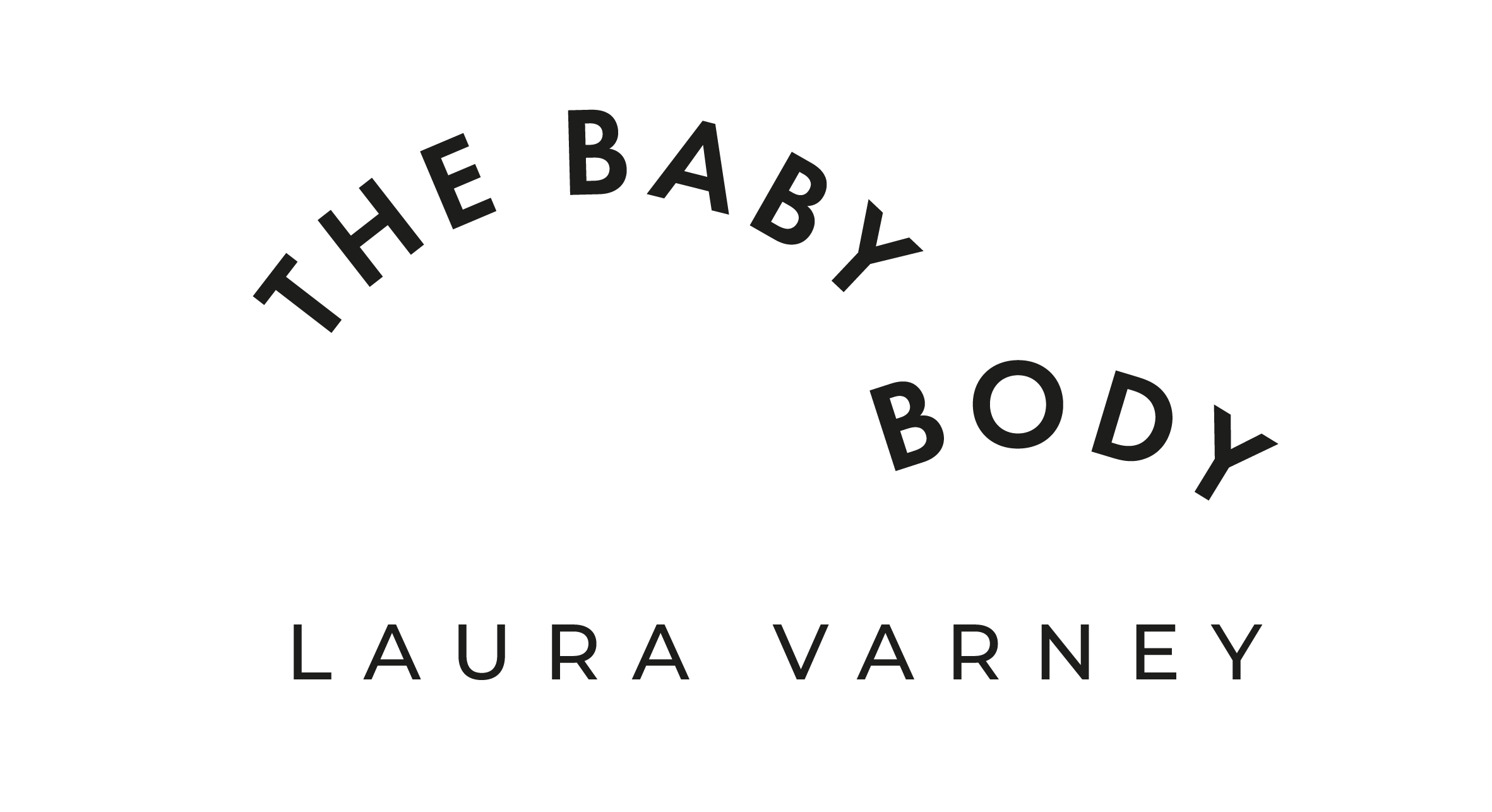Intermittent Fasting 101
Intermittent Fasting 101
If you pay attention to the wellness/fitness community I’m sure you’ve heard the buzz around Intermittent Fasting recently. And with so much information out there, sometimes it can be difficult to weed out the noise. If you’re interested in learning more about Intermittent Fasting (IF), here’s some info:
Intermittent Fasting is an eating pattern that cycles periods of eating and not eating. That simple. You already cycle between periods of eating and not eating because (unless you’ve accomplishing some pretty epic sleep walking) you’re not snacking while you sleep. So instead of a diet that tells you WHAT to eat and not eat, IF basically outlines WHEN to eat and not eat.
If you think about it, fasting isn’t a new concept. Hunter gatherers certainly didn’t have food on hand at all times, rather they went through periods of time when there was plenty to eat and periods of time when they had nothing. And if you’re someone who doesn’t feel hungry in the morning, you might already be following something that closely mimics an IF schedule.
There are several different methods of IF, but the most common one people seem to be using today is the 16/8 (or 14/10) fast in which you would fit your meals in to an 8 hour window and fast for the other 16 hours of the day. For example, if you finish eating dinner at 6pm, you would eat your first meal the next day at 10am. The idea is that you give the body a period of time to rest without being in a state of digestion (after eating, it takes about 6-8 hours to digest food).
Intermittent Fasting can be used for people looking to lose weight - and here’s why: After we eat, the food is broken down in our gut and ends up as molecules in our bloodstream. Carbs are broken down into sugar and then our cells use them for energy. However, if it’s not used, it’s stored as fat with the help of insulin (insulin is the hormone that brings sugar into the fat cells).
When we’re not eating, insulin levels drop and our fat cells use their stored sugar for energy. As insulin levels lower, we lose fat. Keep in mind - studies have shown people can lose weight just as effectively through eating less calories throughout the day in their normal time frame.
There has been some testing on mice and worms to suggest that IF can increase longevity and decrease the chance of certain diseases. “Although previous work has shown how intermittent fasting can slow aging, we are only beginning to understand the underlying biology,” said William Mair, associate professor of genetics and complex diseases at Harvard Chan School.
Women should be aware of certain contraindications when it comes to IF and make sure their calorie count doesn’t drop too low. Just like any other diet or modality of eating, when the calorie count is too low for a woman, it can effect the secretion of reproductive hormones causing irregular periods, infertility and osteoporosis. If you are pregnant, breast feeding or have a history of an eating disorder I would recommend avoiding Intermittent Fasting altogether. While it can have its healthy benefits, fasting can be triggering to some.
If you have my 12 Week Guide to Wellness (if you don't, get on it:), you know I believe in intuitively eating whole, nutrient dense foods that fuel our bodies. The schedule in which you decide to consume those foods is totally up to you! I use intermittent fasting off and on throughout the week because it works well with my schedule at this point in my life and I feel energetic for all my clients and training sessions. I usually do 5 days of 16/8 split (have an 8 hour window where I will eat and 16 hours where I fast) and 2 days where I'm flexible with the timing of my meals.
Bottom line: Intermittent fasting can be an effective way of losing weight or maintaining a healthy lifestyle if it works for your schedule and needs. For more information (and delicious recipes) on eating whole, nutrient dense food to fuel your lifestyle, check out my 12 Week Guide to Wellness here.

